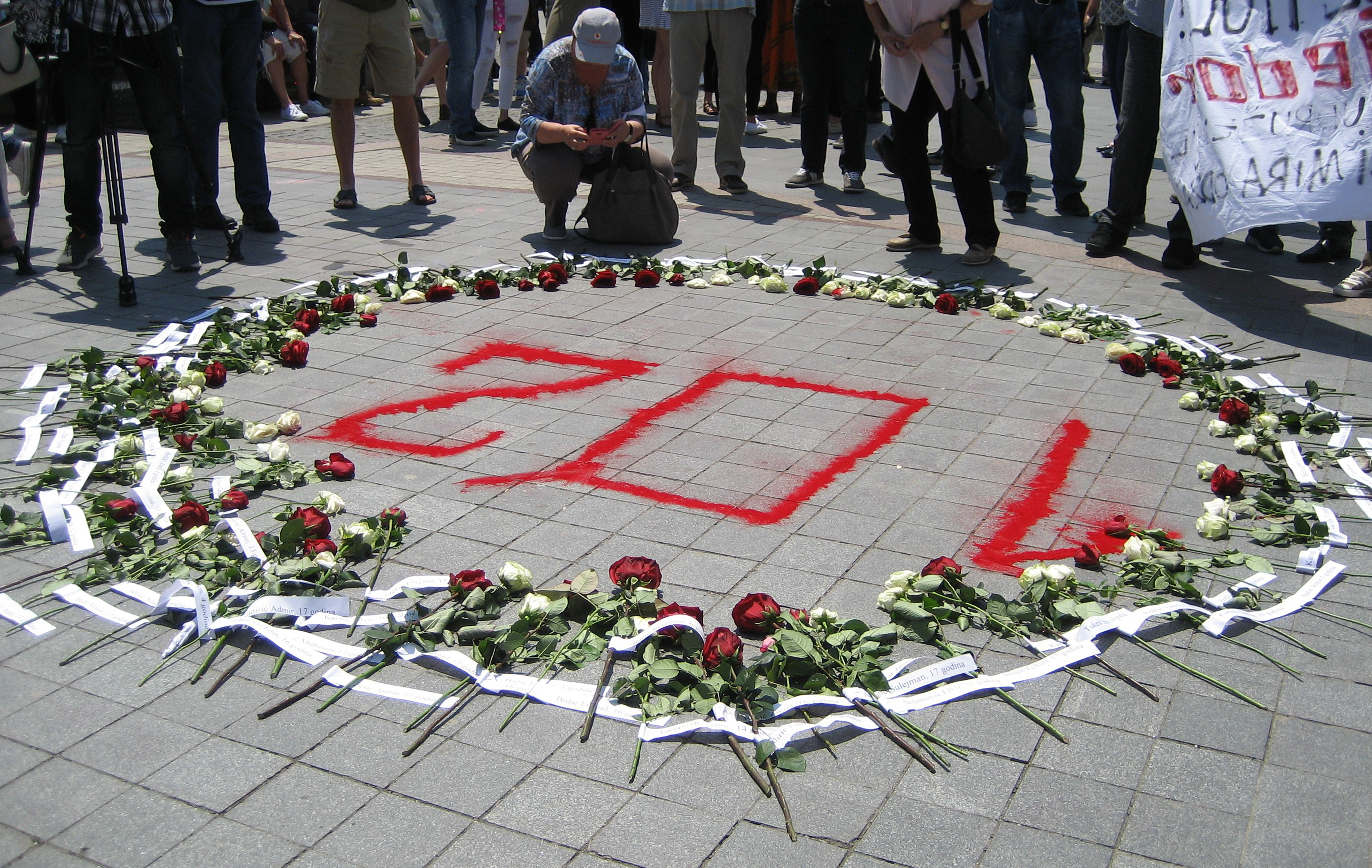The presentation addresses White Armband Day (Dan Bijelih Traka), a newly established commemoration day marked on 31 May in memory of the genocidal campaign against Prijedor’s non-Serb population during the war in Bosnia-Herzegovina (1992-95). What started spontaneously in 2012 as a global social media campaign against genocide denial has become a commemoration day marked in Prijedor, the post-Yugoslav region, across the world and in virtual spaces. Its widespread recognition and impact on alternative memory discourses rendered it one of the most successful civil society initiatives engaging in dealing with the past in the region. In this presentation, I look at how the initiative emerged and what factors contributed to its transformation into a transnational commemoration day ‘from below’. Drawing on a transnational mobilisation perspective, I argue that beyond rapid online mobilisation, two prerequisites have been key to its success: displacement-based (trans)local networks of Prijedorčani and its ability to mobilise young citizens across ethnic divisions.
Johanna Paul is a PhD candidate and research associate at the Faculty of Sociology, Bielefeld University (Germany), where she teaches on sociology of transnational migration, forced migration and diaspora mobilisation.
